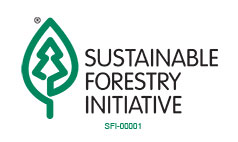The Yakama people traditionally are taught they come from the land and that they are part of the land. There is a multi-generational history tied to the land and surrounding environment. Livelihoods are tied to these resources, which is why it is so critical to care for these lands.
These values and the inherent respect it commands have been passed through oral tradition for generations. Oral tradition in the Yakama culture plays a defining role in passing on the knowledge of natural resources and the personal, spiritual and family connections to those resources.
We consider the land given to us by the Creator for the use by the Yakama People and a heritage to be held and protected for unborn generations.

